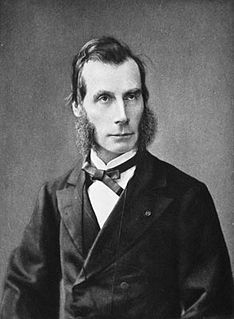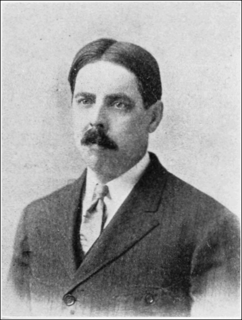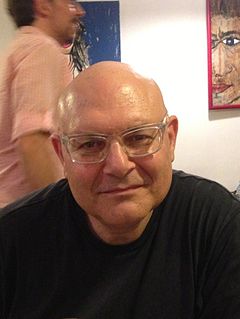A Quote by Numa Denis Fustel de Coulanges
History studies not just facts and institutions, its real subject is the human spirit.
Quote Topics
Related Quotes
There is a part of yourself that is not subject to change, it is the silent witness behind the scenes. That is essentially your spirit, the spirit being an abstract but real force. It is as real as gravity. It is as real as time. It is incomprehensible. It is mysterious but it is powerful and it is eternal.
I've been searching for a genre that would be most adequate to my vision of the world to convey how my ear hears and my eyes see life. I tried this and that, and finally, I chose a genre where human voices speak for themselves. But I don't just record a dry history of events and facts; I'm writing a history of human feelings.
There is no reason to accept the doctrines crafted to sustain power and privilege, or to believe that we are constrained by mysterious and unknown social laws. These are simply decisions made within institutions that are subject to human will and that must face the test of legitimacy. And if they do not meet the test, they can be replaced by other institutions that are more free and more just, as has happened often in the past.
One of the dangers today is that when we don't like what the facts tell us, we just attack the facts, and we undermine the credibility of institutions. That is true not just for reporting; it's true of when people are attacking the congressional budget office, or when they're attacking certain science - that's where we can get into a dangerous realm.
General editors' preface The growth of translation studies as a separate discipline is a success story of the 1980s. The subject has developed in many parts of the world and is clearly destined to continue developing well into the twenty-first century. Translation studies brings together work in a wide variety of fields, including linguistics, literary study, history, anthropology, psychology, and economics. This series of books will reflect the breadth of work in translation studies and will enable readers to share in the exciting new developments that are taking place at the present time.
































